SGGP
The South has entered the rainy season, some infectious diseases such as hand, foot and mouth disease (HFMD) and dengue fever are developing complicatedly; many severe cases require ventilators and are in critical condition. Experts warn that if these infectious diseases are not controlled, there is a risk of "epidemic on epidemic".
Many critical cases of hand, foot and mouth disease
According to the Ministry of Health, since the beginning of the year, the country has recorded 8,995 cases of HFMD, of which male children (aged 1-10) account for the most at 60%. Compared to the average of the past 5 years, the number of cases has not shown signs of a sudden increase but has tended to increase in recent weeks and there have been 4 deaths residing in Dak Lak, Kien Giang, Long An and Ho Chi Minh City provinces.
Alarmingly, by the end of week 23, Ho Chi Minh City recorded 2,407 cases of TCM; last week alone, 423 new cases were recorded (an increase of nearly 150% compared to the previous week), including 14 critical cases and 1 case on a ventilator.
Recorded over the past 2 days at some children's hospitals in Ho Chi Minh City, many children were hospitalized with fever for many consecutive days, accompanied by red blisters on the skin.
Dr. Nguyen Minh Tien, Deputy Director of Ho Chi Minh City Children's Hospital, said that on average, the unit receives and treats 50-100 children with TCM every day, most of whom are children from the Western provinces. Currently, the Infectious Diseases Department (Ho Chi Minh City Children's Hospital) is treating 32 inpatients, including 2 cases requiring dialysis and 2 cases requiring ventilators...
Similarly, at the Department of Infectious Diseases - Neurology (Children's Hospital 1, Ho Chi Minh City), in the past few days, 20-30 pediatric patients came for examination due to TCM, of which 5-7 cases had to be hospitalized for treatment. Of the 36 pediatric patients treated for TCM in the department, 11 cases had to be kept in the intensive care room and 4 cases were transferred to the Resuscitation - Anti-Poisoning Department.
“All four of these children required ventilators, one had to undergo dialysis. Previously, the hospital had one death (a 5-year-old child) due to TCM,” said Dr. Du Tan Quy, Head of the Department of Infectious Diseases and Neurology, Children’s Hospital 1, Ho Chi Minh City.
Meanwhile, Children's Hospital 2 (HCMC) is also treating nearly 30 children with TCM, including 9 severe cases.
According to Master-Doctor Nguyen Dinh Qui, acting Head of the Department of Infectious Diseases, in May, the number of inpatient TCM cases was only 4-5 cases/day, but in the past 2 weeks it has increased to 25-27 cases/day; the number of severe cases accounts for 40% (the same period last year was only about 25%).
MSc. Dr. Nguyen Dinh Qui warned: "HFMD is a disease that occurs year-round, but with the reappearance of the Enterovirus strain (EV71 - a highly virulent virus strain, spreading quickly, causing many dangerous complications in children), specifically the B5 gene, this year's HFMD cases are more severe, with a high risk of death if not detected and treated promptly."
Focus on killing mosquitoes
Regarding dengue fever, the Ministry of Health has recorded nearly 33,000 cases nationwide, including 9 deaths. The “hotspot” for dengue fever is the Southeast region, with Dong Nai province and Ho Chi Minh City seeing a high number of cases.
Specifically, in the first 4 months of the year, Dong Nai recorded nearly 1,000 cases, now increasing to over 1,600 cases with 3 deaths. Ho Chi Minh City alone has 7,918 cases of dengue fever, with no deaths recorded. Through monitoring dengue fever prevention activities in 25 wards, communes and towns in the city, 47 out of 85 monitored locations were found to have mosquito larvae (accounting for 55.2%). Of the 9 locations at risk of outbreaks in households, 7 had mosquito larvae (accounting for 78%).
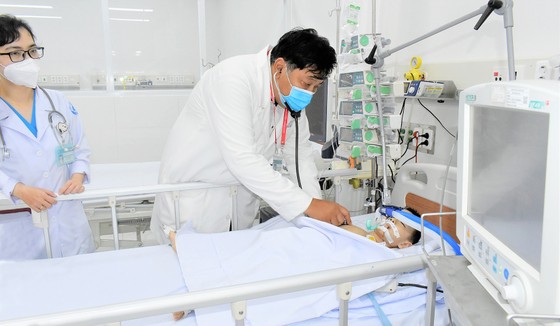 |
Emergency care for dengue fever patients at Children's Hospital 1, HCMC |
Faced with the complicated developments of the dengue fever epidemic, the Ho Chi Minh City People's Committee has issued a document to continue effectively implementing Plan 2095/KH-UBND on focusing on eliminating breeding grounds of mosquitoes that transmit dengue fever; in which attention is paid to the treatment of water containers to eliminate mosquito breeding grounds; mobilizing people to accompany the government to actively participate in searching for and eliminating water containers right at their own residence.
Nguyen Thanh Sang, Standing Vice Chairman of District 8 People's Committee, said that the district is mobilizing all resources to effectively control and handle areas at risk of mosquito and larvae breeding. At the same time, it is determined to strictly punish individuals and organizations that intentionally do not handle risk areas in the areas under their management, increasing the risk of disease spreading in the community.
The Ho Chi Minh City Department of Health said that, in the face of the situation of the number of hand-foot-mouth disease cases continuously increasing in recent days in Ho Chi Minh City and the Southern region, the department has developed a plan to ensure the collection and treatment of hand-foot-mouth disease in the city according to 3 response scenarios.
THANH SON
Source



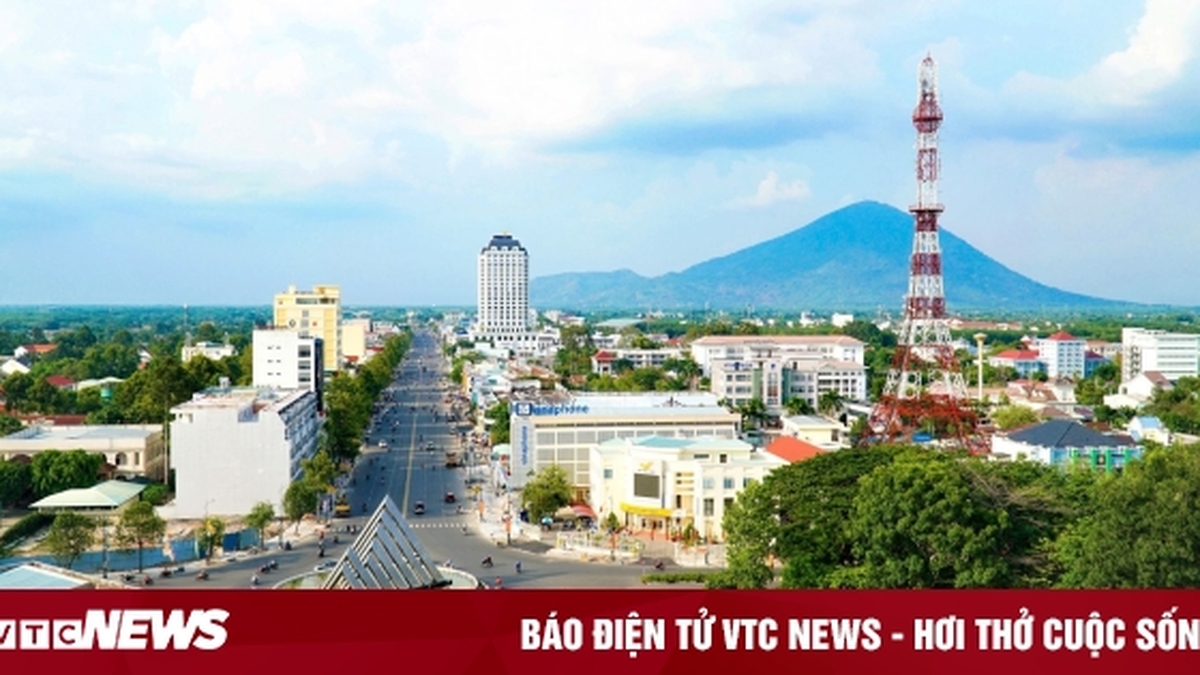


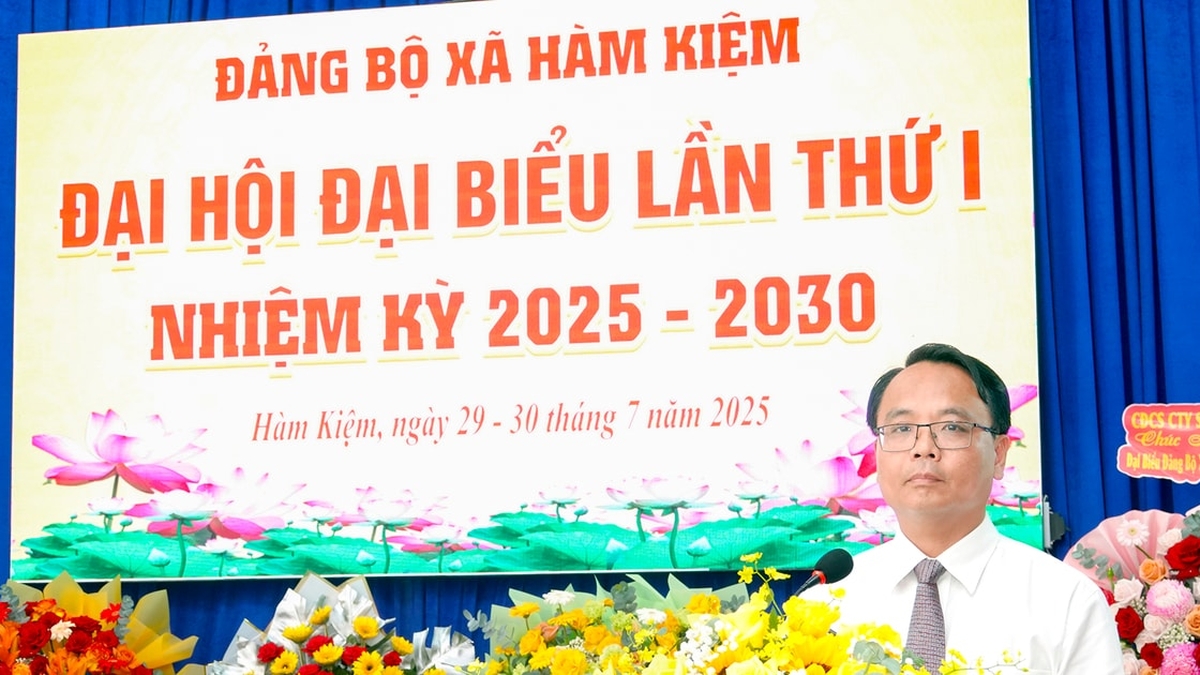


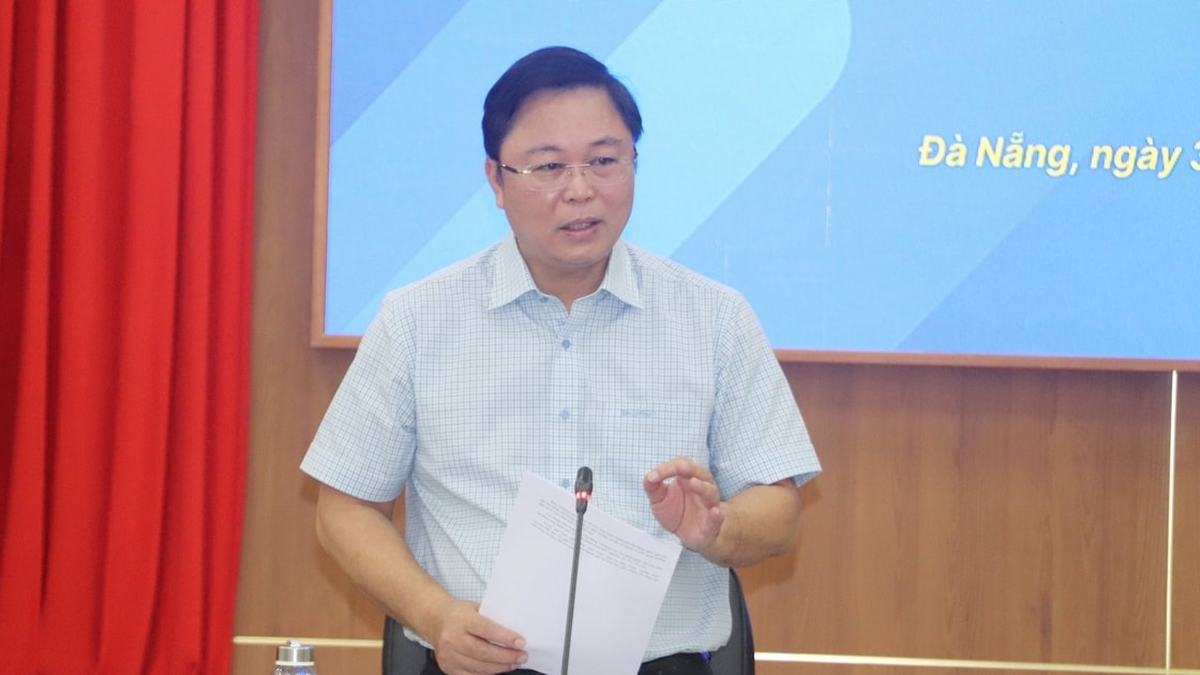














![[Photo] National Assembly Chairman attends the seminar "Building and operating an international financial center and recommendations for Vietnam"](https://vphoto.vietnam.vn/thumb/1200x675/vietnam/resource/IMAGE/2025/7/28/76393436936e457db31ec84433289f72)























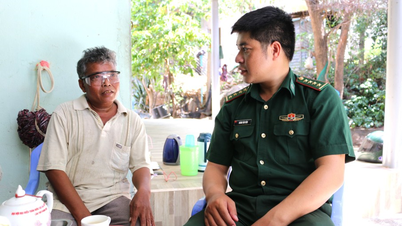



















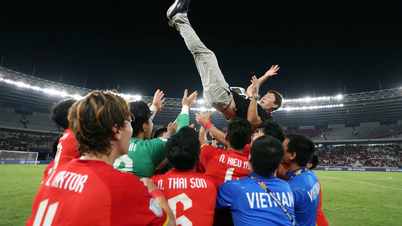






















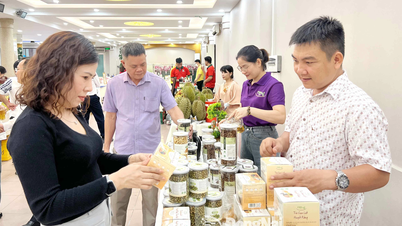





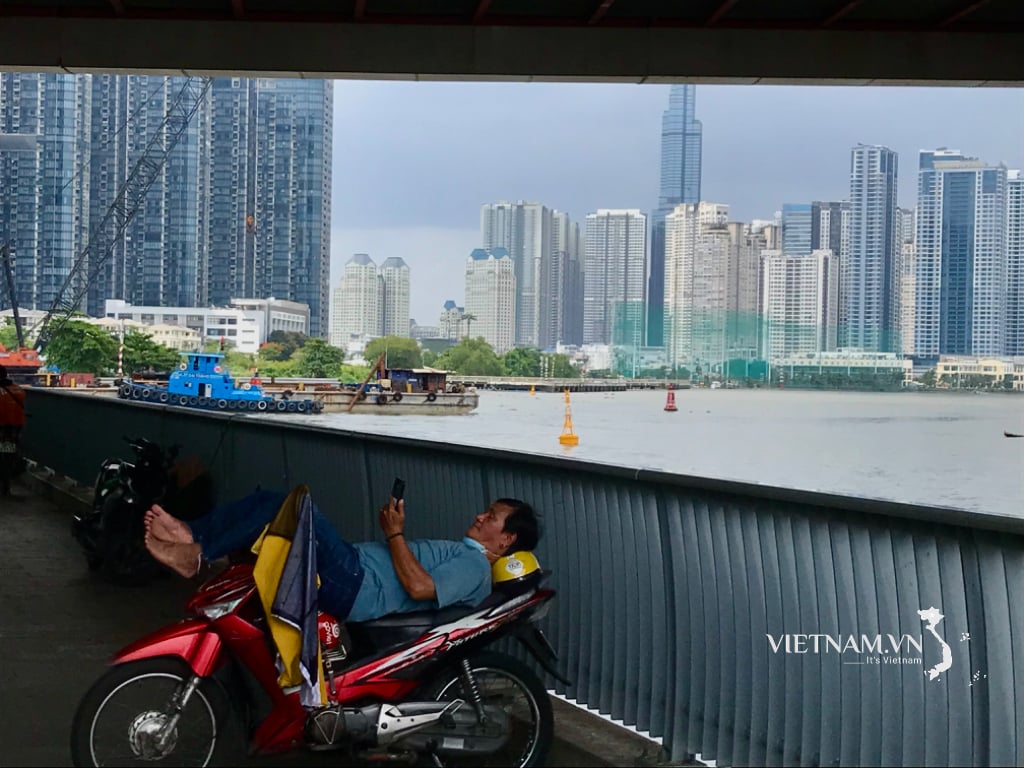

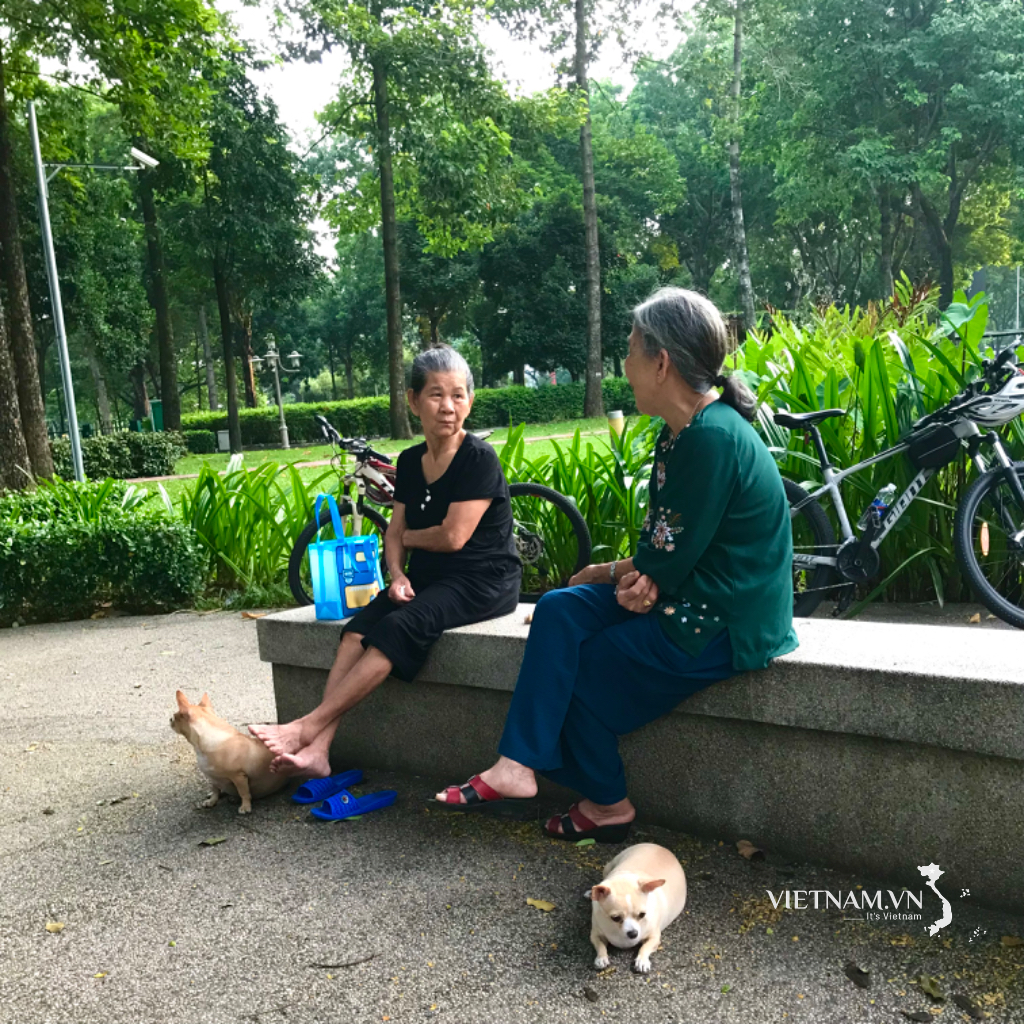

Comment (0)